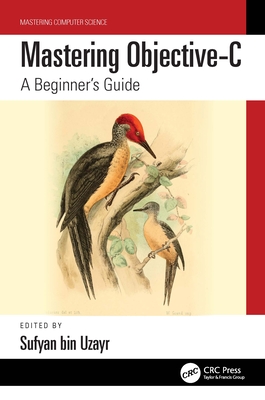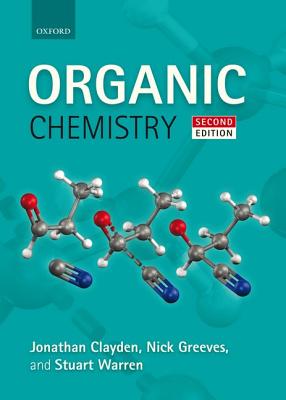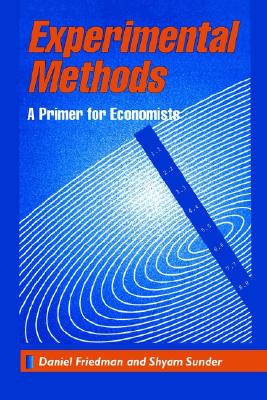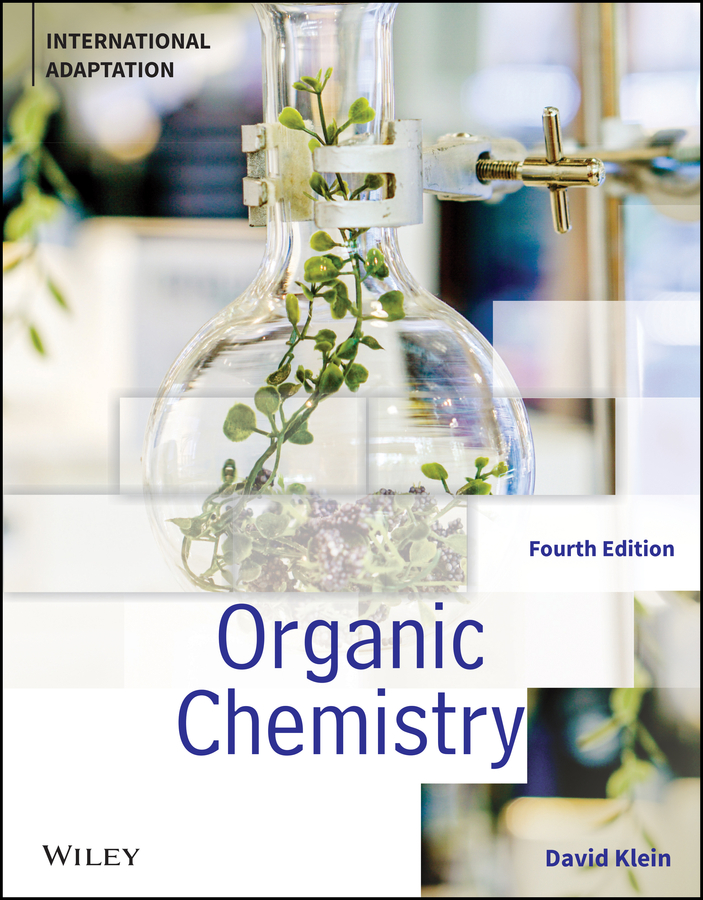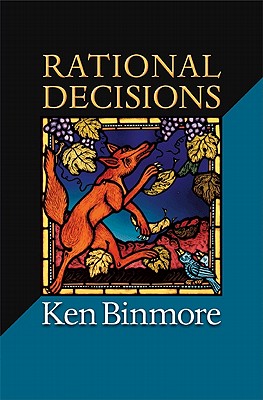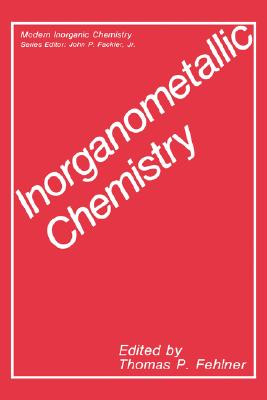
Inorganometallic Chemistry
物理学史
¥
1768.00
售 价:
¥
1326.00
优惠
平台大促 低至8折优惠
出 版 社
出版时间
1992年06月15日
装 帧
精装
页 码
401
语 种
英语
综合评分
暂无评分
- 图书详情
- 目次
- 买家须知
- 书评(0)
- 权威书评(0)
图书简介
There is a certain fascination associated with words. The manipulation of strings of symbols according to mutually accepted rules allows a language to express history as well as to formulate challenges for the future. But language changes as old words are used in a new context and new words are created to describe changing situations. How many words has the computer revolution alone added to languages? Inorganometallic is a word you probably have never encountered before. It is one created from old words to express a new presence. A strange sounding word, it is also a term fraught with internal contradiction caused by the accepted meanings of its constituent parts. In organic is the name of a discipline of chemistry while metallic refers to a set of elements constituting a subsection of that discipline. Why then this Carrollian approach to entitling a set of serious academic papers? Organic, the acknowledged doyenne of chemistry, is distinguished from her brother, inorganic, by the prefix in, i. e. , he gets everything not organic. Organometallic refers to compounds with carbon-metal bonds. It is simple! Inorganometallic is everything else, i. e. , compounds with noncarbon-metal element bonds. But why a new term? Is not inorganic sufficient? By virtue of training, limited time, resources, co-workers, and so on, chemists tend to work on a specific element class, on a particular compound type, or in a particular phase. Thus, one finds element-oriented chemists (e. g.
本书暂无推荐
本书暂无推荐
